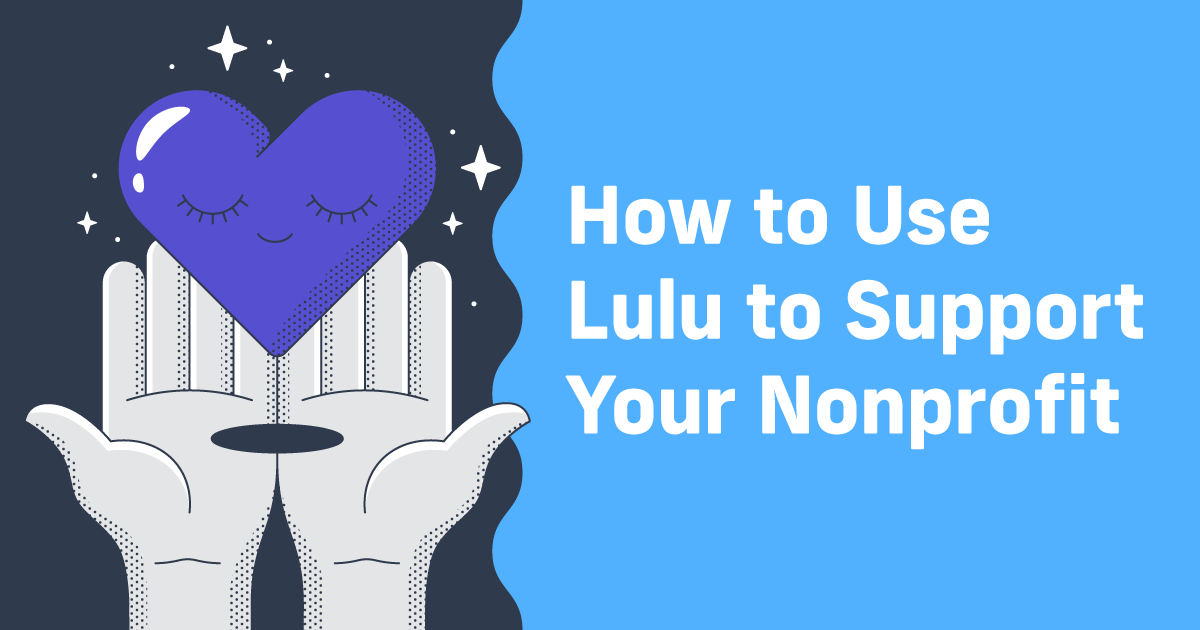Are You Suffering from the Spotlight Effect?
If you have ever had the thought, “I would like to try that, but what if I fail?” I have good news for you: no one cares.
This blog post is your sign to do the thing.
Write the book. Build the website. Publish the post. Launch the business. Because ultimately, at the end of the day, we are all too worried about ourselves to care that much about you. That feeling that you have, that everyone gets an immediate notification when you fail at something, it has a name. The spotlight effect.
Today I’m going to explain what it is and how to use it to finally get sh*t done.
What Is the Spotlight Effect?
The spotlight effect happens when we overestimate the extent to which people notice we’re doing a thing. And the good news is—we almost always overestimate it.
I like this description from Verywellmind.com:
The spotlight effect is a term social psychologists use to refer to the tendency to overestimate how much other people notice about us. In other words, we tend to think there is a spotlight on us at all times, highlighting our mistakes or flaws for all the world to see.
The key words here are mistakes or flaws. Not the times you absolutely nailed the presentation or had the perfect quip at a dinner party. This is the feeling that everyone in the tri-state area you live in noticed you said “post-humorously” when you meant to say "posthumously" last Wednesday.
Fun fact: I actually did that and still think about it all the time. But you’re better than me. You don't have to be like that.
To test the extent of the spotlight effect, researchers at Cornell University ran a study asking participants to wear an embarrassing t-shirt and walk into a room full of strangers. The participants reported that about 50% of the room noticed their shirt, when in reality, only about 25% did.
If you’re anything like me, you’re thinking, “That’s still 25%! That’s way too many percents!” but you, and I, would be missing the point. The point is that the participant overestimated…by a lot. 100% if my math is mathing correctly.
We all feel like we are being watched and judged by everyone all the time. But that simply isn’t the case. Because if we are all worried about being watched all the time, then who is actually left to watch and judge?
I came across the spotlight effect for the first time in The Curiosity Chronicle newsletter, where author Sahil Bloom sums it up nicely:
“You aren't afraid of failure (at least not really). The failure itself isn't what scares you. The anticipation of failure isn't what prevents you from taking action. The fear isn't as it seems. You aren't afraid of failure. You're afraid of what other people will think of you if you fail.”
When I read that, I had to admit that it was true. When I think of trying something new but stop short, it’s not because I’m imagining having to face myself in the mirror after I fail. It’s because I am imagining what other people will say about me if I fail. Maybe that is true for you, too.
And if it is, being able to recognize when you are under the spell of the spotlight effect might just be the key to unlocking your potential.

Your Free Lulu Account
Create a Lulu Account today to print and publish your book for readers all around the world
How Can I Use This Information to Take on That Project I’ve Been Putting Off?
If you have ever heard the popular quote, “What would you do if you knew you could not fail?” That is what I am getting at. When you think about the big project or opportunity you’re avoiding, ask yourself if you are really afraid to fail, or if you are just afraid of what people would think of you if you did.
If the answer is the latter, gently remind yourself that no one cares. It might just be the empowerment you need to try something new. Instead of thinking that people will judge you if you fail, think of how you will feel if you never try.
Something I have found helpful when trying something new is saying to myself, “This is just an experiment.” By establishing those parameters, it lets me off the hook and gives me the opportunity to play around and try different things without feeling like the stakes are too high. If it works out, great. If not, I was just playing around anyway, so joke’s on you for taking it so seriously.
Do the Thing
I am going to apply this to making a book, because here at Lulu, that is what we do. Every time I tell someone about Lulu, they respond with some iteration of “I would love to write a book!” Followed by a big ole “but” that disqualifies them from actually having to do it.
And sure, some reasons are more valid than others, but I suspect a lot of it comes down to actually having to tell people you are writing a book and justifying the time, energy, and resources that will go into making a good one. I get it. It took me a very long time to give myself permission to write a very small book. But once I got over the idea that people might judge me for doing it, I had the freedom to get creative and have fun. And now I can say I wrote a book. I’m encouraging you to do the same.
If you are one of those people who would love to write a book and have several reasons readily available for why you haven’t and won’t, here are a few tips to get started:
- Remember, no one cares.
- Outline goals for the project. This can be as simple as “publish my book” and as complicated as “publish my trilogy, launch my web series, and open my artisan bookstore”. Obviously, I would suggest starting with the former, but having a goal and timeline in place will help you show up and stay invested.
- Start small. You don’t have to write your version of the Iliad right out of the gate. Creating a low or no content project, or starting by combining all of your best-performing content into a cohesive book, can be a great way to build confidence and demystify the publishing process.
- Tell someone you’re writing a book. I know, I know. I said no one cares. But we both know there is someone in your life who does care and will support you, so tell that person. Accountability can do wonders for motivation.
- Don’t give up. There will be days when you don’t want to show up, but remember, progress is greater than perfection.

Create Your Book
Use Lulu's free templates to easily create and publish your book today.
Maybe for you, it’s not a book. Maybe it’s a piece of music or a painting or a video series or heck, a new haircut. Whatever it is, keep in mind that regardless of who notices (and most people won’t), at the end of the day, you can still say you did the thing. Even if it doesn’t work out, you will learn something in the process and build up the muscle that will make it a bit easier to try something new the next time around. Plus, maybe it will.




